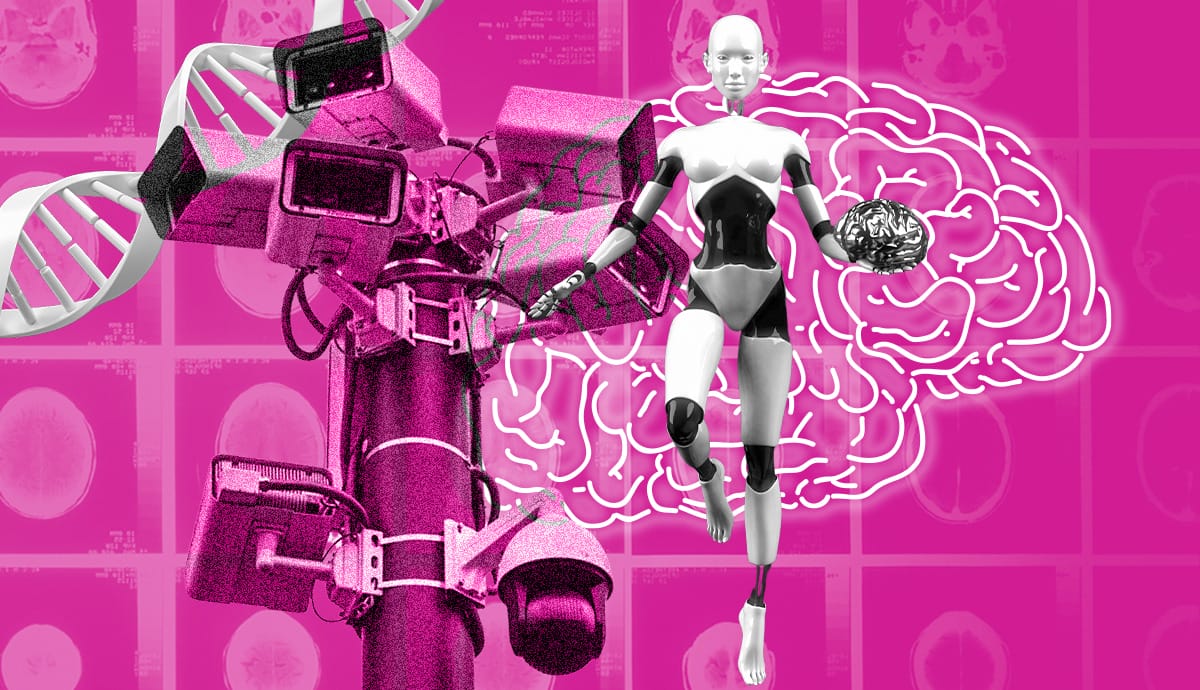The U.S. Drug Enforcement Administration (DEA) is poised to ban two psychedelic compounds, DOI and DOC, which could deliver a disastrous blow to psychedelic science and research if successful.
The United States is one of the most advanced societies because our visionaries have the freedom to innovate. That is, unless, we’re talking about drugs. The U.S. government has sweeping blinders on when it comes to researching and developing psychoactive compounds, especially hallucinogenic ones that target the 5-HT2A serotonin receptor.
Nearly every one of these classic psychedelics exists as a Schedule 1 illicit substance. And if the DEA has its way, the last remaining unregulated, DOI and DOC, will suffer the same fate.
A hearing this November, led by attorney Robert Rush Esq., will elucidate what comes next.
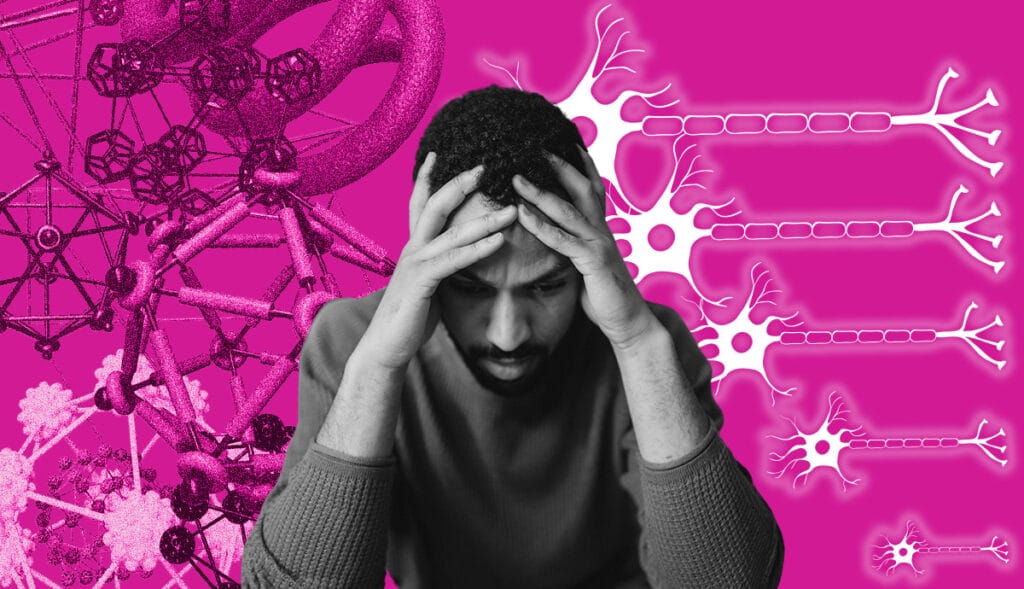
What are DOI and DOC, and Why Do They Matter?
DOI (2,5-dimethoxy-4-iodoamphetamine) and DOC (2,5-dimethoxy-4-chloroamphetamine) are relatively obscure synthetic psychedelic compounds in the amphetamine class. They bind to and activate 5-HT2A receptors, just like psilocybin, LSD, and DMT, influencing everything from decision-making and pain-processing to gut function.
One property that makes DOI and DOC unique is their strength – only small dosages are reported to produce 20 to 36-hour trips.
Scientists are so fascinated by DOI and DOC’s mechanism of action that they’ve published nearly 1,000 papers on the substances. DOI, in particular, has been used to map 5-HT2A distribution in the brain and understand the receptor’s functions, including memory, learning, and sensory perception.
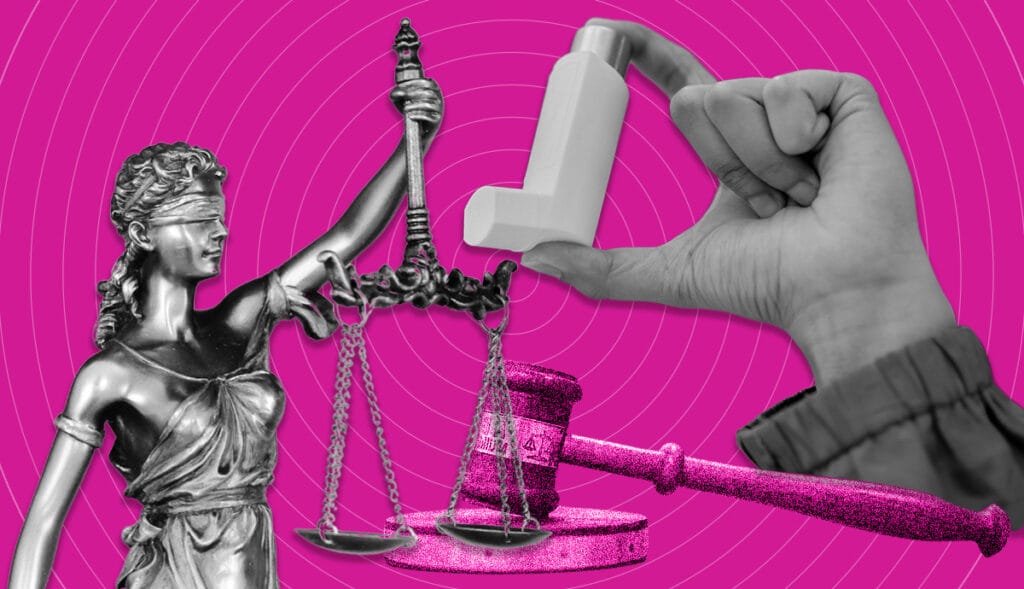
The Necessity of Researching Novel Compounds
UC Berkeley neuroscientist Dr. Raul Ramos is one of many researchers actively studying DOI to uncover its value. The therapeutic research areas for DOI are vast and promising. They include its potential to reduce inflammation and improve cognitive function and flexibility – both critical for overcoming depression. Other possibilities include treating asthma and combatting fentanyl and alcohol addiction.
“It’s not a stretch to say that the results of my research could inform future therapies in humans,” Ramos told Psychedelics Today.
Ramos explained that scientists today can freely explore these substances for planned experiments or to test spontaneous ideas. However, a Schedule 1 Controlled Substances Act (CSA) designation will strip them of that liberty.
“It will stifle spontaneity and creativity. It will stifle progress,” said Ramos.
The DEA, however, takes a wildly different stance. In December 2023, the notoriously conservative organization initiated its second attempt to brand DOI and DOC as illegal, lacking any medical value and high abuse potential.
If the DEA’s legal effort succeeds, these compounds will be criminalized, and Dr. Ramos and other non-DEA registered scientists must immediately cease research. To restart, they’ll need to undergo a lengthy, cost-prohibitive process seeking institutional, federal, and state approvals, according to Ramos. Unfortunately, most unpublished work will never be see the light of day.
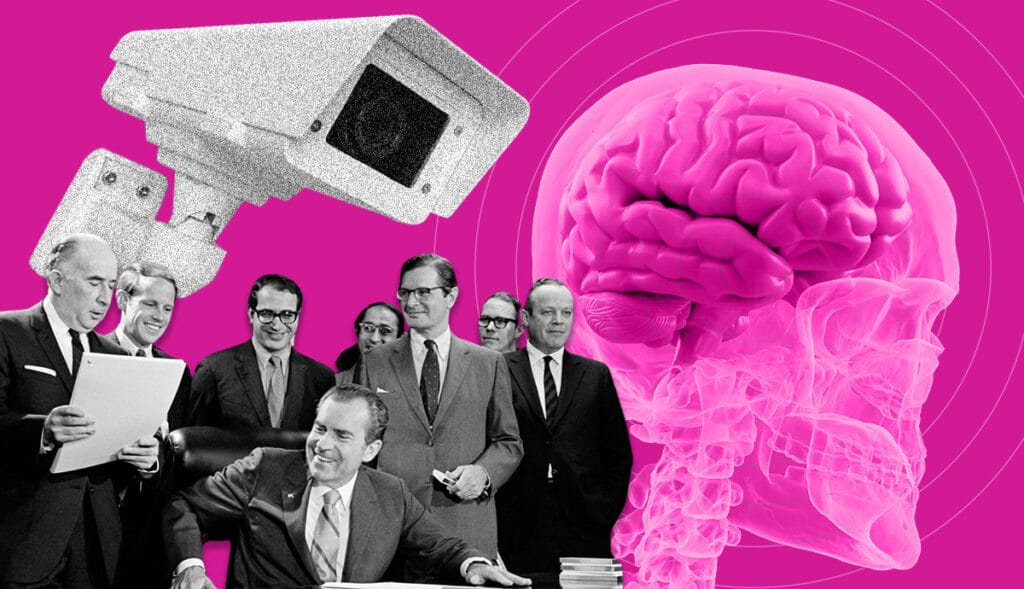
Inside the Fight to Keep DOI and DOC Research Alive
Fortunately, Ramos’ lawyer, Robert Rush, refused to let the DEA proceed without resistance.
“I was nervous that the scheduling would go through, so I connected with people who might be interested parties [in challenging the decision]. I filed the request for a hearing 30 minutes before the post office closed on the deadline. It came together at the last minute,” said Rush.
Rush filed a request on behalf of Ramos and two other academic researchers. Elijah Ullman, a molecular neuropharmacologist, filed a separate request for Students for Sensible Drug Policy (SSDP). David Heldreth, CEO of Panacea Plant Sciences (PPS), also filed a hearing request.
In a recent development, Administrative Law Judge Paul Soeffing denied the DEA’s request to block a number of witnesses, including experts from SSDP and Panacea Plant Sciences (PPS), from testifying at the upcoming hearing. While the judge granted some of the DEA’s motions to exclude specific evidence, this ruling represents a partial victory for the researchers and organizations challenging the ban. However, the judge noted that the relevance of the witnesses’ testimony would still be determined later during the hearing.
The hearing, which starts November 12, will draw prominent witnesses, including psychedelic researchers Dr. David Nutt and Dr. David Nichols, to present the case for DOI and DOC’s utility for developing new therapeutic drugs.
“I have many colleagues who work with these compounds who will testify in the upcoming hearing, and that is only a subset of the research community,” said Ullman, who has been interested in science policy since he was a teen.
Ullman added, “The DEA alleges that DOI and DOC should be placed in Schedule 1 because of their high potential for abuse, but this does not align with over 40 years of data.”
To his point, not one DOI or DOC use report existed before 2005. After 2005, the DEA registered only 45 DOI seizures across local, state, and federal registries throughout a 13-year period. DOC confiscations were more common but mounted to a mere average of 60 annually nationwide. Most reports involved small-scale seizures in forms like blotter paper or powder that do not even register a mention in the DEA’s 2024 National Drug Threat Assessment.
Adverse events linked to DOI and DOC are also scarce. The DEA referenced just three case reports of serious reactions in its Schedule 1 recommendation, including one death related to DOC and caffeine in a 37-year-old with a history of methamphetamine abuse. DOI was not included in any of these reports.
The DEA’s push to classify these substances as Schedule I, despite the small number of incidents, limited evidence of recreational use, and their admission that physical dependence is not an issue, suggests an overreaction rooted in dogma rather than legitimate concern.
“I believe data integrity matters in policy decisions, and since the data does not align with the DEA’s viewpoint that it should be scheduled, it should not be,” said Ullman.
Rush adds that DOI and DOC’s day-long trips make the compounds highly undesirable for personal use.
“No one is seeking a 36-hour psychedelic experience,” said Rush. “There is no illicit drug trade. No one really wants [DOI and DOC], quite frankly.”
No one, except researchers, who assert that the compounds have transformed their understanding of brain function and disease. They’ve helped us learn that serotonin receptors are “much more than a ‘feel-good’ chemical,” according to Ullman.
“There’s incredibly cool data from Charles Nichols’ lab at Louisiana State University showing a reduction in airway inflammation in rodent asthma models with doses significantly less than that one that causes intoxication… A whole new class of anti-asthma medicines could arise because of DOI research, improving millions of lives worldwide.”
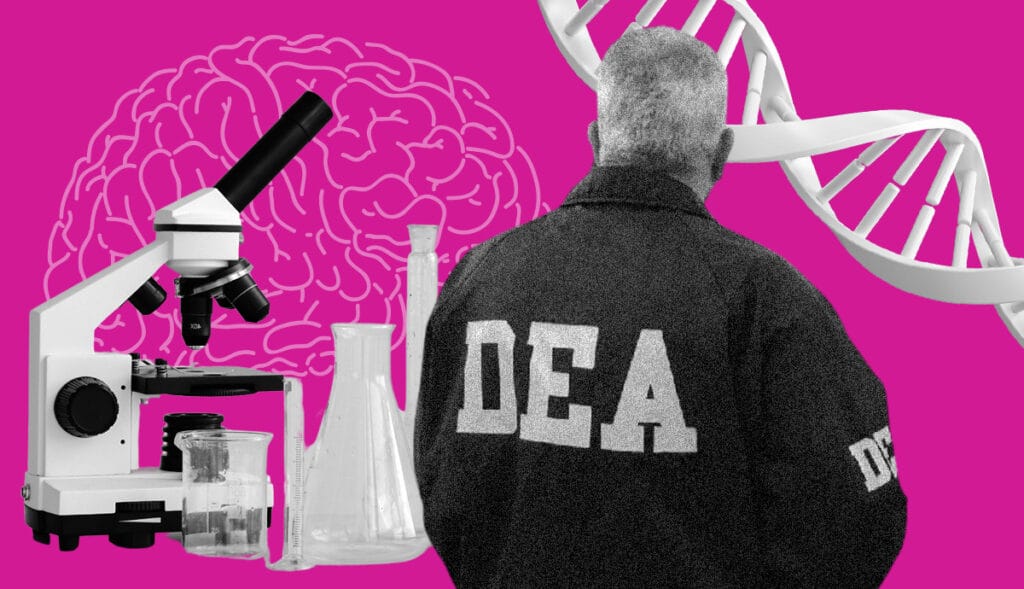
What Comes Next in the Legal Battle for DOI and DOC?
Rush and Phelps will present significant evidence during the 10-day hearing next month to counteract the DEA’s claims. Afterward, the judge will make his non-binding recommendation and send it to the administrator. Then, it’s up to the DEA to decide.
The recent ruling denying the DEA’s attempt to block key witnesses further bolsters the opposition’s case, adding momentum as they prepare to present evidence and testimony.
If the judge finds in the petitioners’ favor, the administrator could adopt the judge’s ruling
“There’s always a chance the DEA could do the right thing,” said Rush.
However, it could also ignore a favorable ruling and proceed with scheduling. If that happens, Rush said he will not give up. The next step will be to move forward with litigation, where he will challenge the organization’s rule-making authority in court.
“We have to check the DEA’s excessive power,” said Rush.
The Bottom Line
The DEA has been extraordinarily aggressive in scheduling psychoactive drugs since establishing the Controlled Substances Act of 1970, and if history repeats, DOI and DOC will not be spared. We’ve seen that their attempts to control chemicals have exacerbated cartel violence, spurred countless unjust arrests, and stifled scientific progress, especially regarding psychedelics and mental health interventions. Let’s hope sensibility and freedom win this time.
Want to show your support for the cause? Consider donating to SSDP to help them raise funds to bring the case’s witnesses, all university researchers, to the 10-day hearing.
